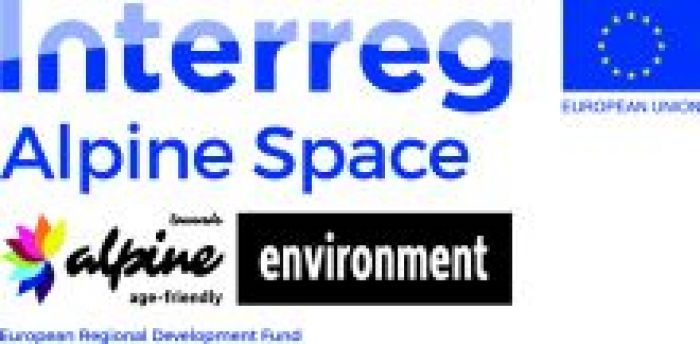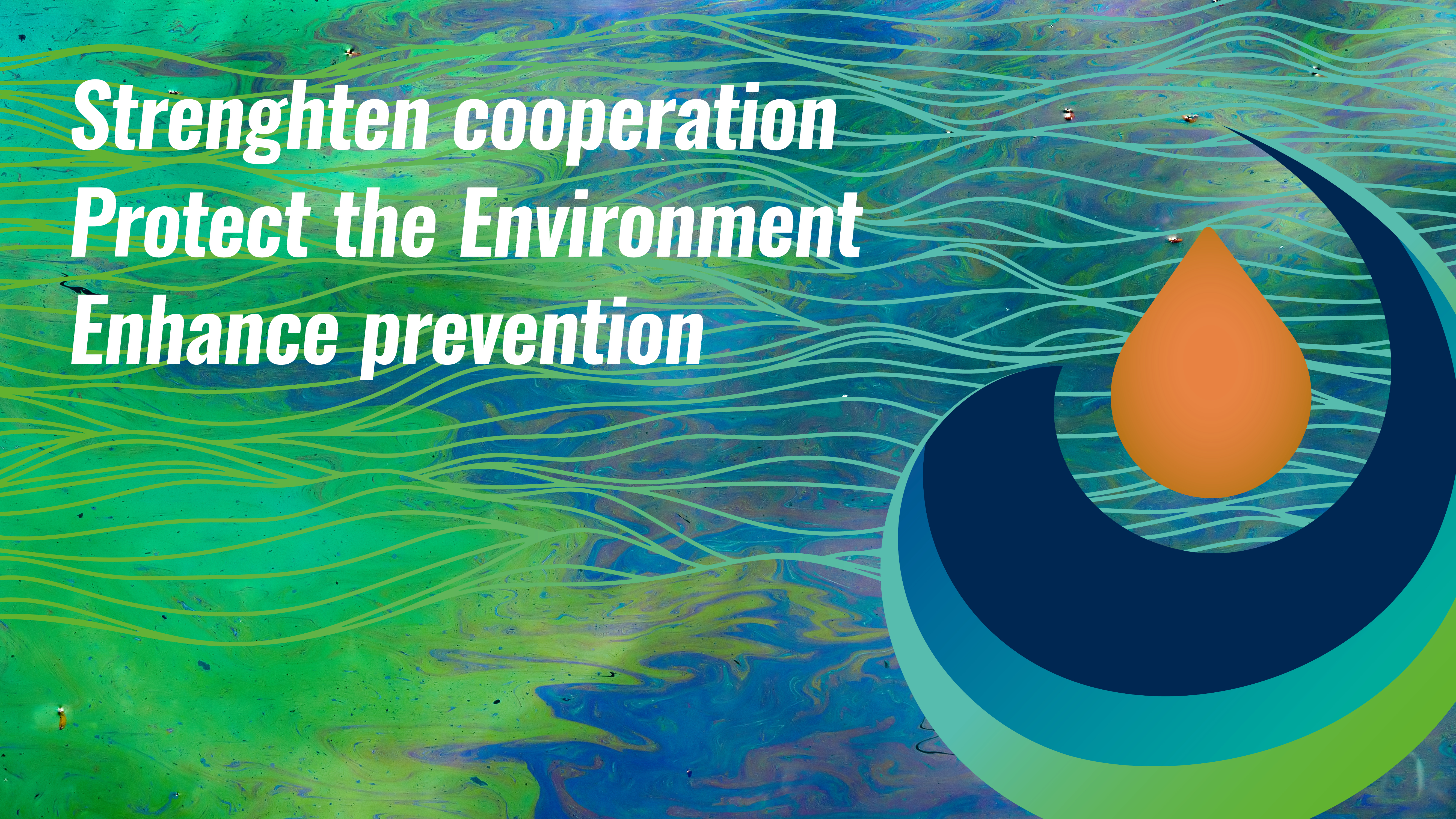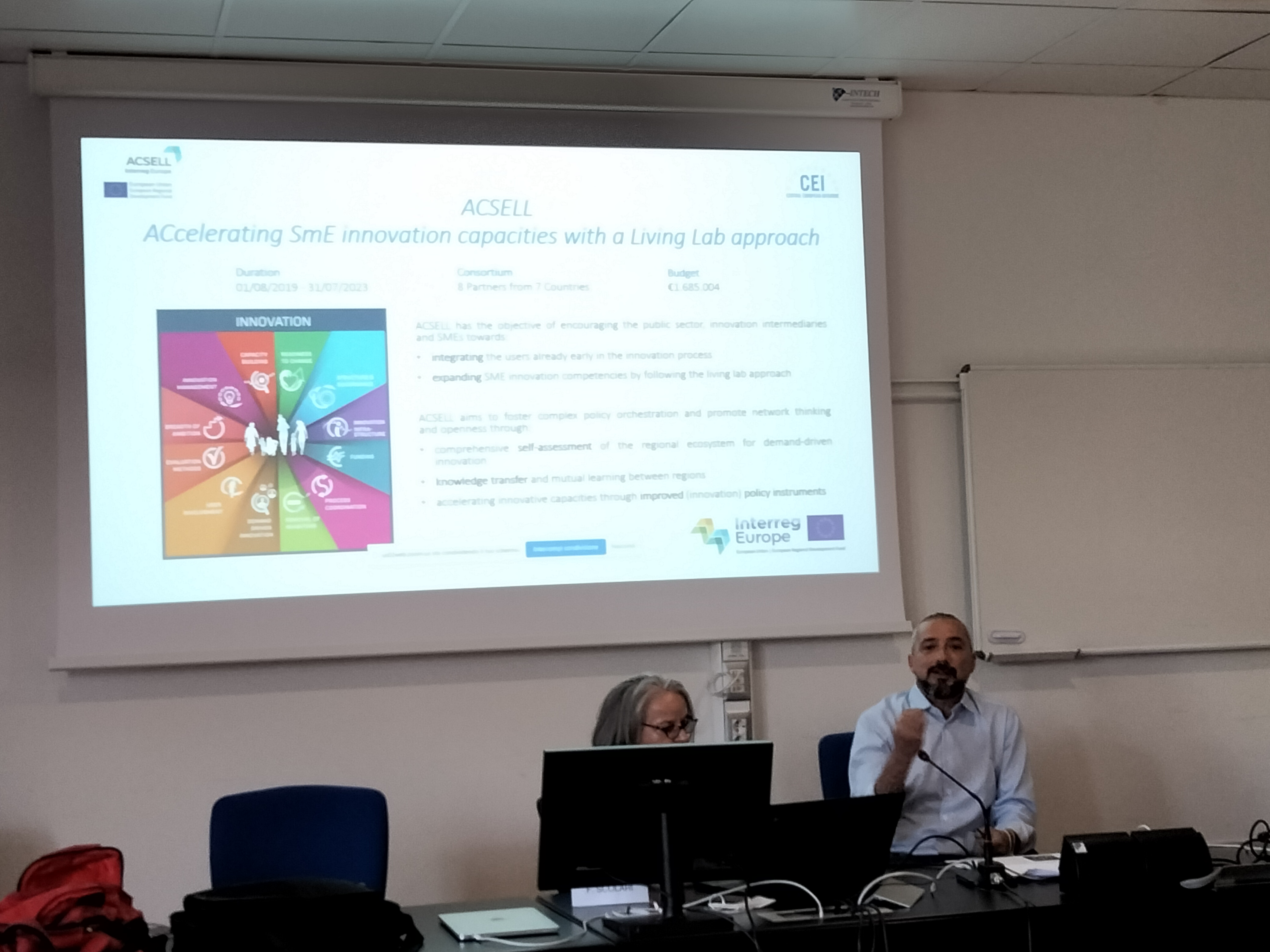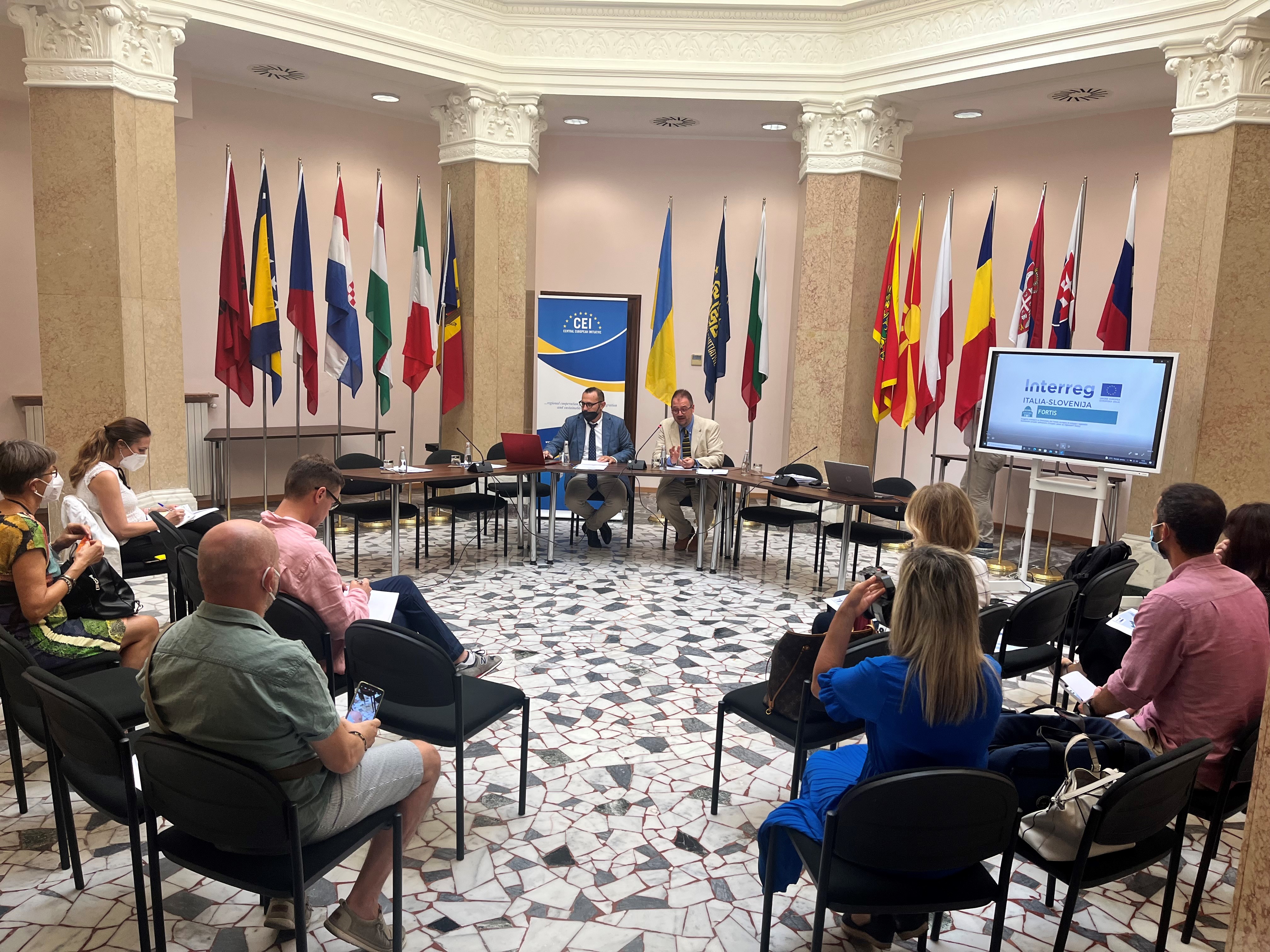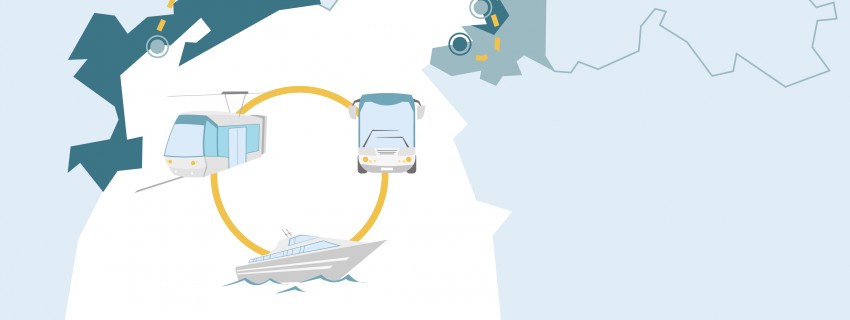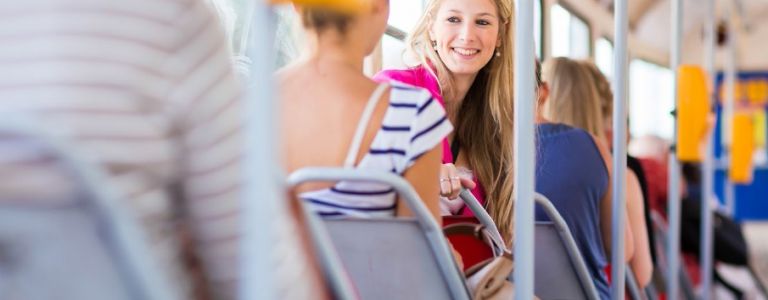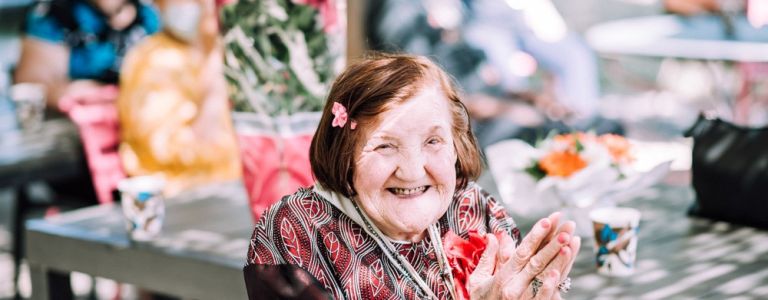TAAFE project (Towards an Alpine age friendly environment), funded by European Regional Development Fund through Interreg Alpine Space programme, wants to connect five local communities in the Alpine Space, who decided to take an action towards an age-friendly community. The inspiration stems from the World Health Organization’s project Age-Friendly cities and communities.
WHO’s program Age-friendly communities suggests nine areas of age friendliness for concrete actions: • outdoor spaces and buildings, • transportation, • housing, • social participation, • respect and social inclusion, • civic participation and employment, • communication and information, • community support and health services, • security.
WHO’s program Age-friendly cities and communities identifies nine domains to be addressed in order to ensure an age-friendly environment: • outdoor spaces and buildings, • transportation, • housing, • social participation, • respect and social inclusion, • civic participation and employment, • communication and information, • community support and health services, • security.
Starting from these areas of age friendliness identified by the WHO, the TAAFE model will be implemented in local environments through a participative, concrete and systematic approach.
Moving from this framework, the TAAFE project will implement in every country a co-design inspired model to identify what domains are challenging at a local level and to plan and implement solutions through a participative, concrete and systematic approach
The key elements in every pilot local community will be the TRIO, composed of older person, methodological facilitator and administration employee, and the Local Action Group (LAG), a research-advisory-working group, supporting TRIO in gathering information and defining strategic goals and specific priority tasks.
The development of the model had to be revised because of the COVID-19 pandemic and its consequences (physical and social distancing, older people being the most vulnerable group). The process has been slowed down and the model is now in the process of adaptation, taking into consideration new circumstances and introducing new approaches.
Since it was originally based on face-to-face group meetings, the application of the model had to be revised because of the COVID-19 pandemic and its repercussions. Process has been slowed down and the model is now under adaptation, evaluating alternative communication channels and strategies to continue exchange and need assessment, being careful to ensure each voice is taken into account according to the participative frame.

